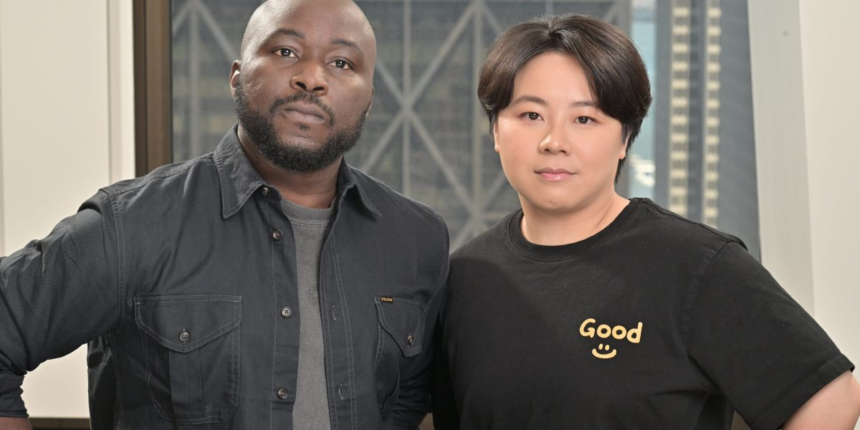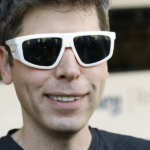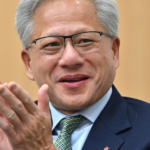“We’re doing something for the real-world users,” Ade Adepoju, cofounder and CEO of Subzero Labs, told Fortune.
Adepoju declined to detail his startup’s valuation. The deal, which closed in the first quarter of the year, was for equity and token warrants, or allocations of a yet-to-be-released cryptocurrency, he said.
As he pondered his next move, he linked up with his cofounder Lu Zhang, also a former employee of Mysten Labs, and decided to get into the business of launching his own blockchain. Together, the two created Subzero Labs, which currently has 20 employees.
Some might argue that, at a time when there are dozens of active blockchain projects, the world is not exactly clamoring for another one. In response, Adepoju argues that none are good enough yet to run real-world applications. “When you actually ask, ‘do we need another one?’ it’s like asking, ‘do we need another iPod?’” he said. “No, we don’t, but we definitely need an iPhone.”
Adepoju says Rialo isn’t a layer 1, 2, 3, 4, 5, or 6. In fact, he’s reluctant to compare it to any existing crypto products. He does say the blockchain is designed for non-crypto developers and that it allows engineers to replicate tools usually implemented outside a blockchain. These include the ability to access information, like a FICO score, elsewhere on the internet without the need of an oracle, or outside data provider.
“Cameras used to ship with laptops. They used to be separate,” he said, referring to external video cameras people used to connect to their computers in the early 2000s. “They got bundled. These things happen with every technology.”









